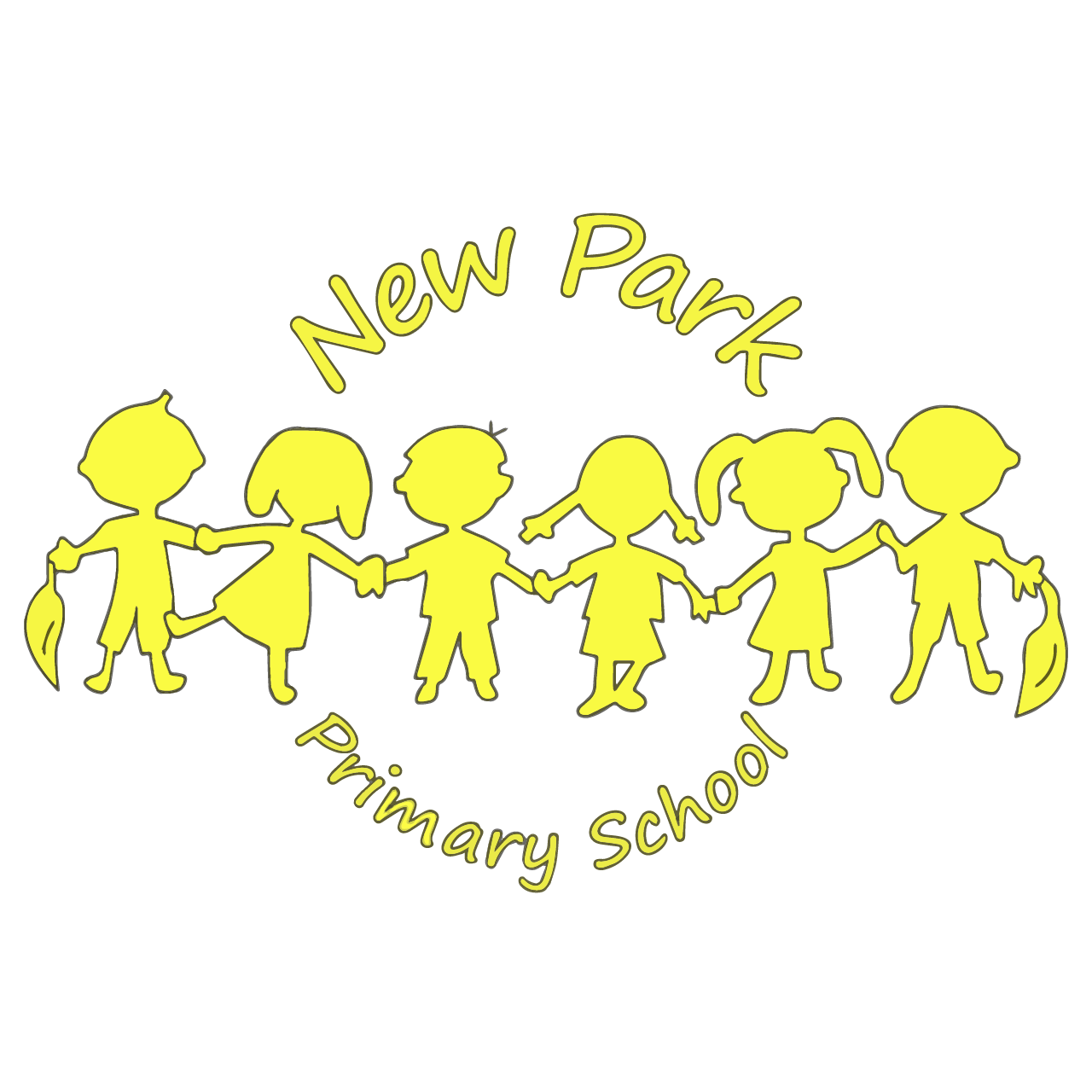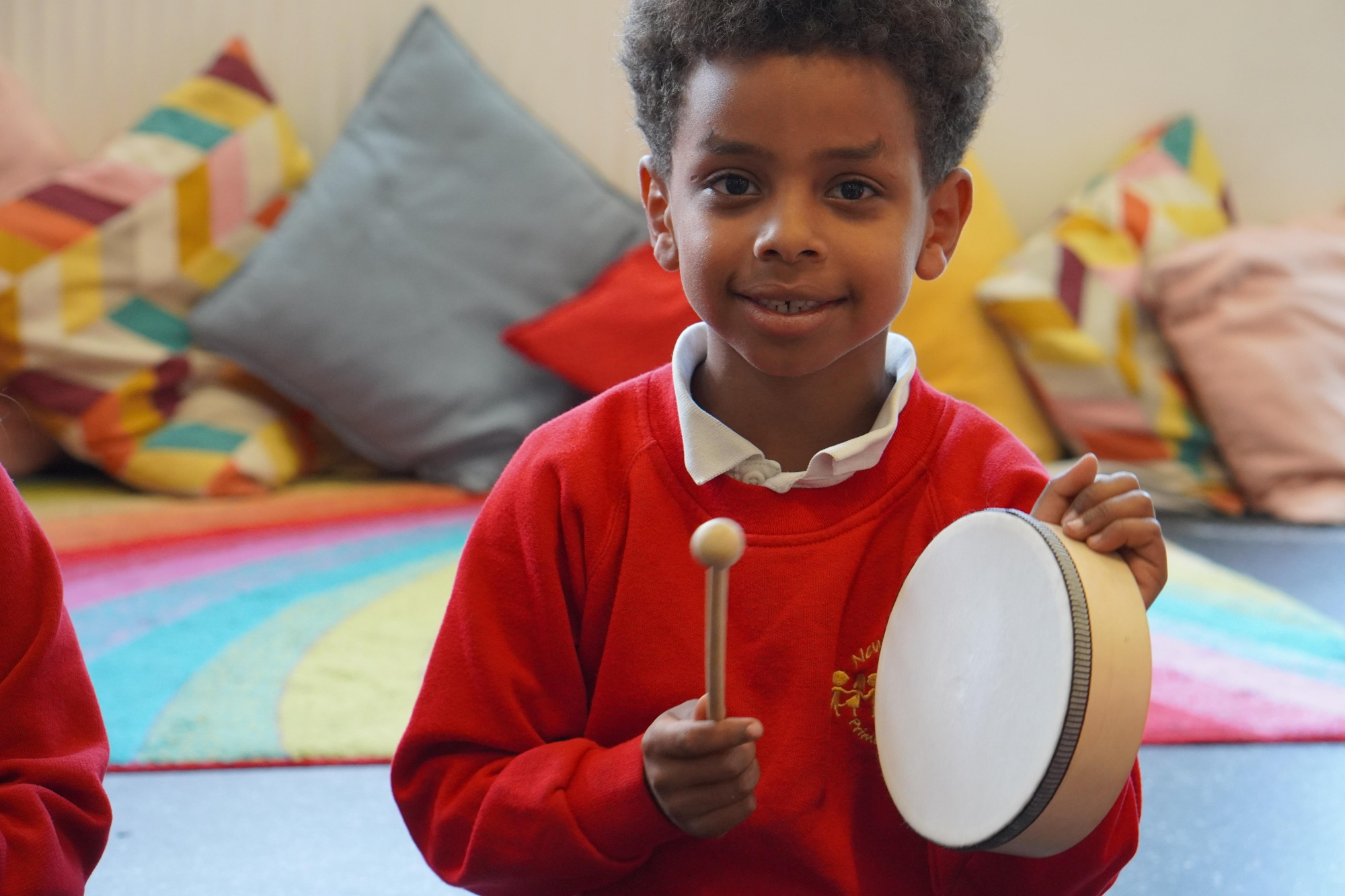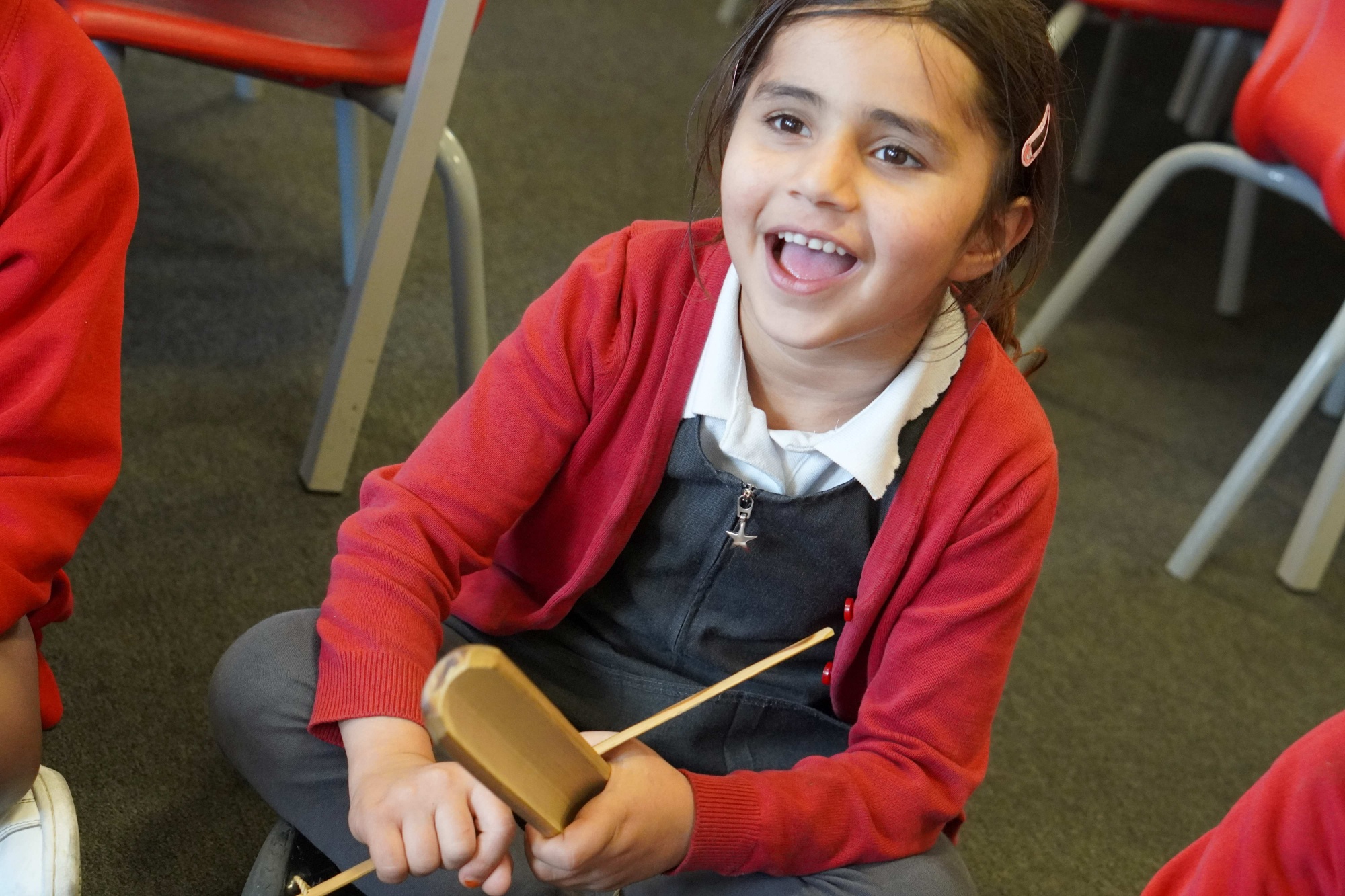Music: Nurturing a Love for Sound
We provide a dynamic, exciting, and engaging music curriculum that builds skills and knowledge year-on-year, fostering a lifelong interest and love for music. We follow the Model Music Curriculum to encourage and challenge all pupils, equipping them with the knowledge and skills to appreciate music within the 'bigger picture' of life.
As pupils progress, they develop a deeper understanding of music, exploring and listening to a range of famous composers and performers from around the world, and improving their technical musical skills. Our 'Musician of the Month' initiative further immerses children, allowing them to research and learn about significant artists who have shaped music history.
Our Aims:
The National Curriculum for Music ensures all pupils:
- Perform, listen to, review, and evaluate music across diverse historical periods, genres, styles, and traditions, including works of great composers and musicians.
- Learn to sing, use their voices, create and compose music (individually and collaboratively), have opportunities to learn instruments, use technology appropriately, and progress to the next level of musical excellence.
- Understand and explore how music is created, produced, and communicated, including through pitch, duration, dynamics, tempo, timbre, texture, structure, and appropriate musical notations.
Subject Content
Key Stage 1
Pupils are taught to:
- Use voices expressively and creatively through singing songs and speaking chants/rhymes.
- Play tuned and untuned instruments musically.
- Listen with concentration and understanding to high-quality live and recorded music.
- Experiment with, create, select, and combine sounds using the inter-related dimensions of music.
Key Stage 2
Pupils are taught to:
- Play and perform in solo and ensemble contexts, using voices and instruments with increasing accuracy, fluency, control, and expression.
- Improvise and compose music for a range of purposes using the inter-related dimensions of music.
- Listen with attention to detail and recall sounds with increasing aural memory.
- Use and understand staff and other musical notations.
- Appreciate and understand a wide range of high-quality live and recorded music from different traditions and great composers/musicians.
Enrichment
To inspire the highest standards, we provide weekly extra-curricular activities:
- Private keyboard, guitar, and violin lessons with the Schools Music Service.
- Young Voices choir, rehearsing for performances at venues like Manchester AO Arena.


